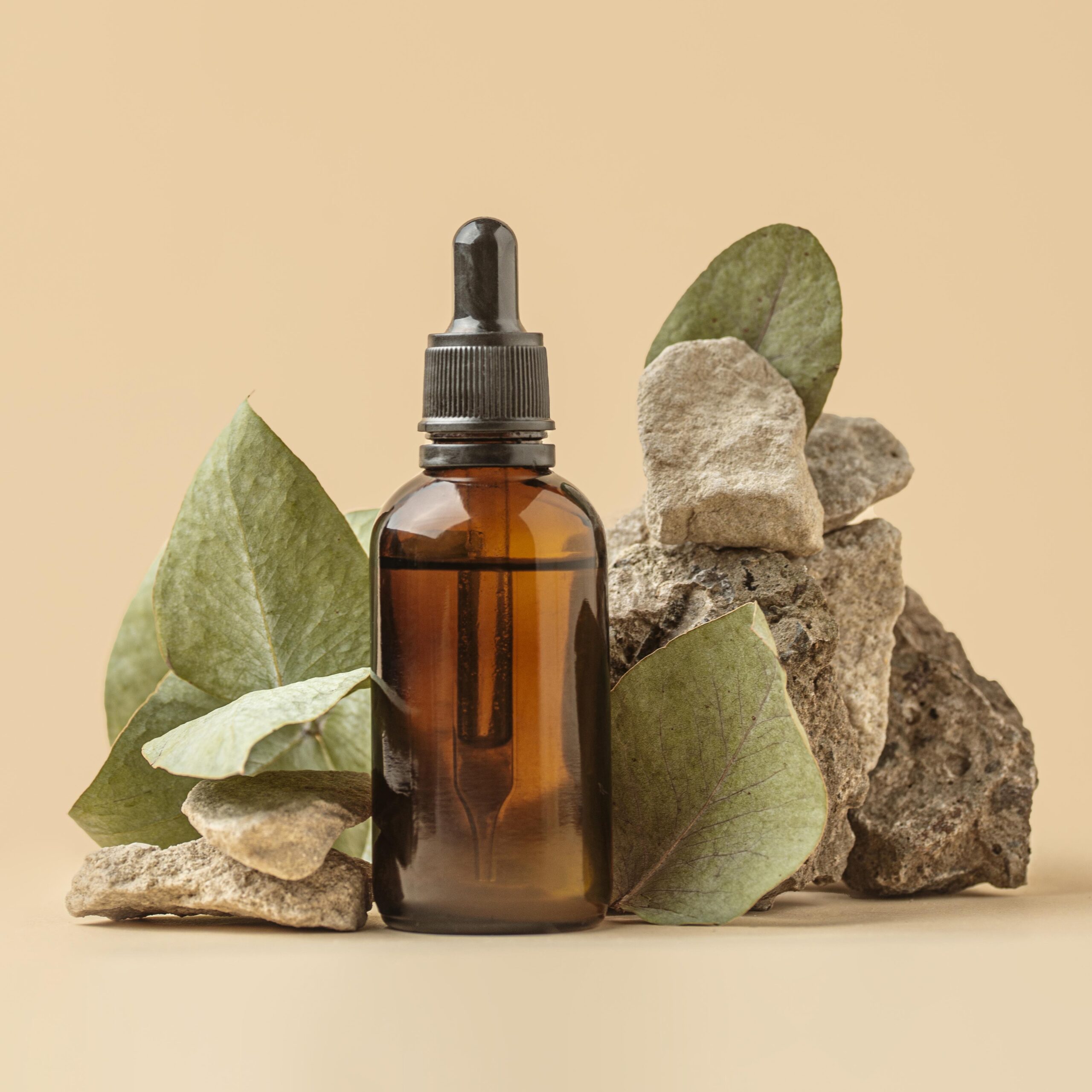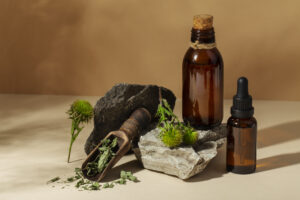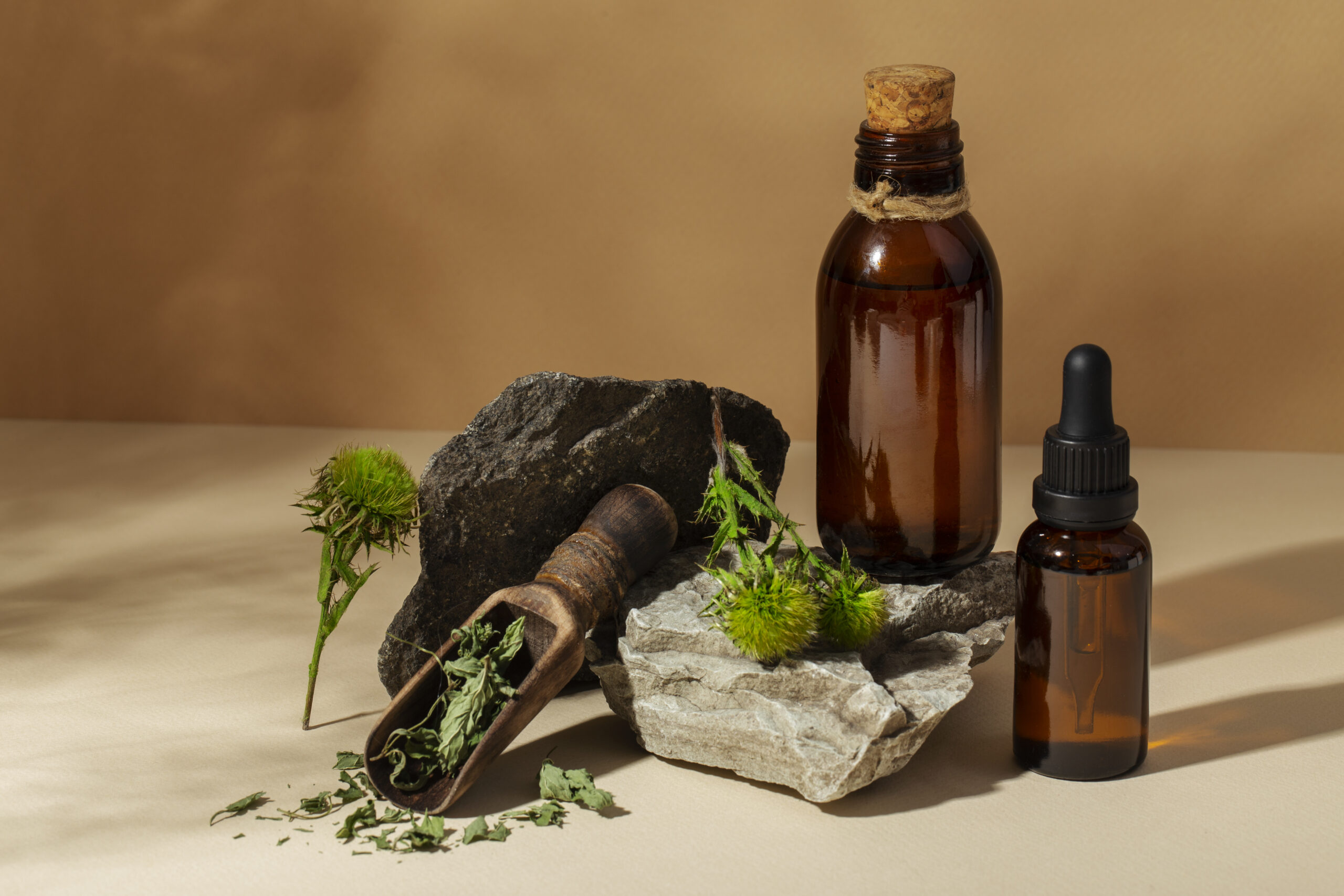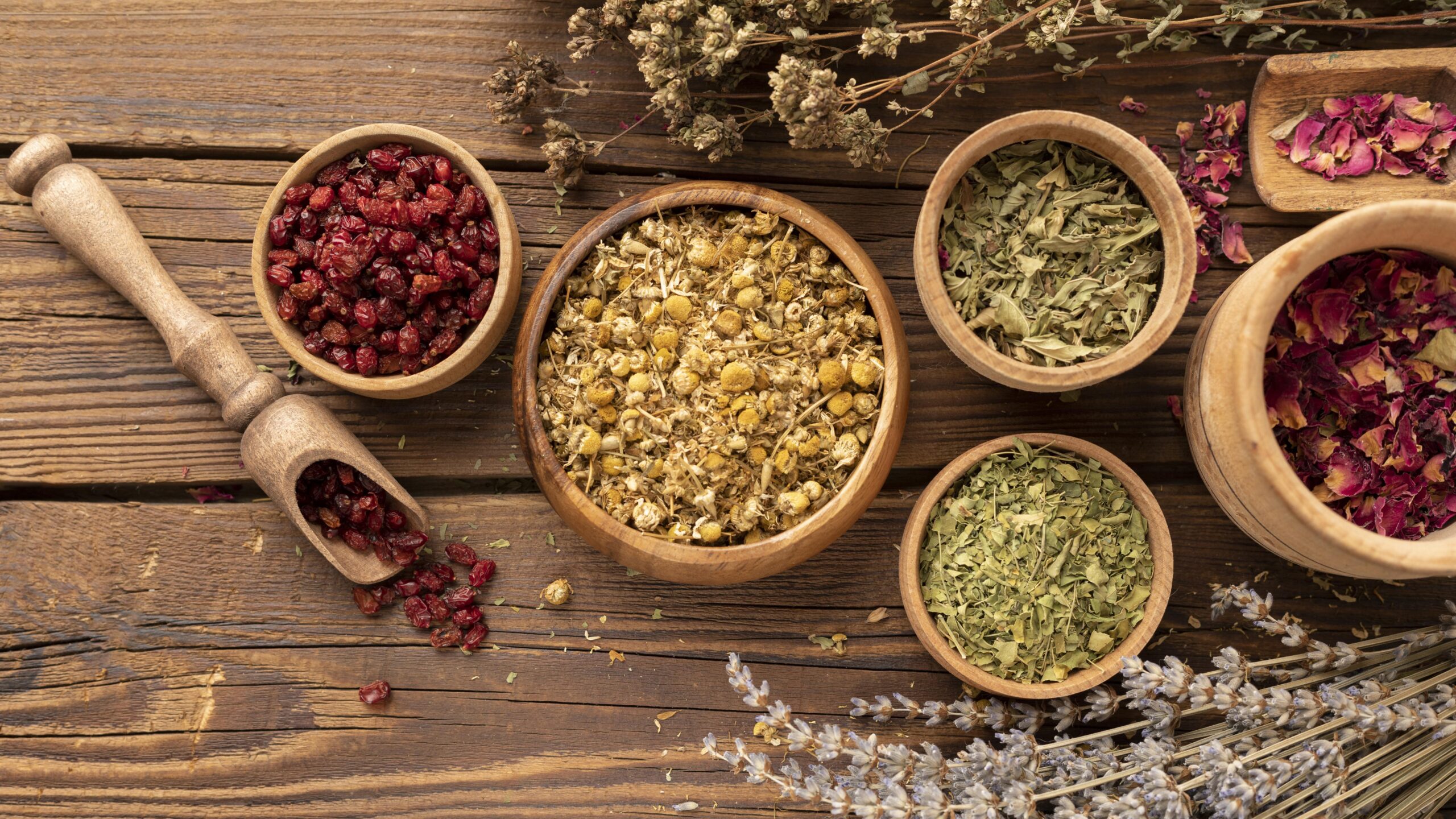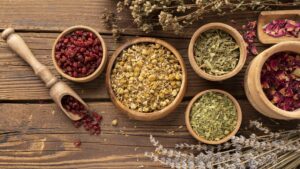BOOSTING TESTOSTERONE NATURALLY: THE ROLE OF HERBAL SUPPLEMENTS FOR MEN
INTRODUCTION:
Testosterone is a hormone that plays a crucial role in men’s health, affecting everything from muscle mass and bone density to libido and mood. As men age, testosterone levels naturally decline, leading to a range of symptoms such as fatigue, reduced muscle mass, and decreased libido. While there are pharmaceutical options available for testosterone replacement therapy, many men seek natural alternatives to support healthy testosterone levels. In this blog post, we’ll explore the role of herbal supplements in boosting testosterone naturally and promoting men’s overall health and vitality.
DISCLAIMER: The information provided in this blog is for educational and informational purposes only and is not intended as medical advice. The content is not intended to diagnose, treat, cure, or prevent any disease. Readers are advised to consult with a qualified healthcare professional regarding their specific health concerns and before starting any herbal remedies or health regimen. While every effort has been made to ensure the accuracy and completeness of the information presented, the author and publisher assume no responsibility for any errors or omissions. The use of herbal remedies and traditional medicine should be undertaken with caution and under the guidance of a qualified healthcare practitioner, especially for individuals with pre-existing medical conditions or those taking medications. The inclusion of specific herbs or formulations in this blog does not imply endorsement or recommendation. Individual responses to herbal remedies may vary, and it is important to consider individual health needs and sensitivities. Always read product labels and instructions carefully before use. By accessing and using this blog, readers acknowledge and agree to the terms of this disclaimer and release the author and publisher from any liability arising from the use or misuse of the information provided.
UNDERSTANDING TESTOSTERONE:
Before delving into herbal supplements, it’s important to understand the role of testosterone in the male body. Testosterone is a hormone primarily produced in the testicles and is responsible for regulating various functions, including:
- Muscle mass and strength
- Bone density
- Libido and sexual function
- Mood and cognitive function
- Fat distribution
Optimal testosterone levels are essential for men’s overall well-being, vitality, and quality of life. However, factors such as aging, stress, poor diet, and sedentary lifestyle can contribute to a decline in testosterone production, leading to symptoms of low testosterone, also known as hypogonadism.
SYMPTOMS OF LOW TESTOSTERONE:
Low testosterone levels can manifest in a variety of symptoms, including:
- Fatigue and low energy levels
- Decreased muscle mass and strength
- Increased body fat, especially around the abdomen
- Reduced libido and erectile dysfunction
- Mood changes, including depression and irritability
- Decreased bone density and increased risk of osteoporosis
While these symptoms are common with aging, they can significantly impact men’s quality of life and overall health. Therefore, many men seek natural ways to support healthy testosterone levels and alleviate symptoms of low testosterone.
The Role of Herbal Supplements: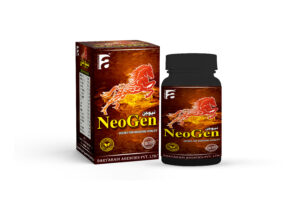
Herbal supplements have been used for centuries in traditional medicine systems to promote men’s health and vitality. Today, scientific research is shedding light on the potential benefits of certain herbs and botanicals in supporting testosterone production and optimizing men’s hormonal balance. Here are some key herbal supplements that have shown promise in boosting testosterone naturally:
- Tongkat Ali (Eurycoma longifolia): Also known as Longjack, Tongkat Ali is a popular herb in traditional Southeast Asian medicine. Studies suggest that Tongkat Ali may help increase testosterone levels, improve sperm quality, and enhance libido in men.
- Tribulus Terrestris: Tribulus terrestris is a plant commonly used in traditional medicine systems, such as Ayurveda and Traditional Chinese Medicine, for its purported aphrodisiac and testosterone-boosting effects. Research suggests that Tribulus terrestris may help increase testosterone levels and improve sexual function in men with low libido.
- Ashwagandha (Withania somnifera): Ashwagandha is an adaptogenic herb that has been used for centuries in Ayurvedic medicine to promote vitality and longevity. Studies have shown that Ashwagandha may help increase testosterone levels, improve sperm quality, and reduce stress and anxiety in men.
- Fenugreek (Trigonella foenum-graecum): Fenugreek is a culinary herb commonly used in Indian cuisine and traditional medicine. Research suggests that Fenugreek may help increase testosterone levels, improve libido, and enhance sexual function in men.
- Horny Goat Weed (Epimedium grandiflorum): Horny Goat Weed is a traditional Chinese herb used for its aphrodisiac properties. Studies suggest that Horny Goat Weed may help increase testosterone levels and improve erectile function in men with erectile dysfunction.
INCORPORATING HERBAL SUPPLEMENTS INTO YOUR ROUTINE:
If you’re considering incorporating herbal supplements into your routine to support healthy testosterone levels, here are some tips to keep in mind:
- Consult with a Healthcare Professional: Before starting any new supplement regimen, it’s important to consult with a healthcare professional, especially if you have pre-existing medical conditions or are taking medications. They can provide personalized guidance and ensure that herbal supplements are safe and appropriate for you.
- Choose High-Quality Products: When selecting herbal supplements, opt for products from reputable manufacturers that adhere to strict quality standards and undergo rigorous testing for purity and potency.
- Follow Recommended Dosages: Adhere to the recommended dosages provided on the product label or as advised by your healthcare professional. Avoid exceeding the recommended dose, as this can increase the risk of adverse effects.
- Be Patient and Consistent: Herbal supplements may take time to exert their effects, so be patient and consistent with your supplement regimen. It’s important to incorporate herbal supplements into your routine consistently to experience the full benefits.
- Monitor Your Symptoms: Pay attention to any changes in your symptoms and overall well-being while taking herbal supplements. Keep track of your energy levels, mood, libido, and other relevant indicators to assess the effectiveness of the supplements.
CONCLUSION:
In conclusion, herbal supplements offer a natural and holistic approach to supporting healthy testosterone levels and promoting men’s overall health and vitality. By incorporating key herbs and botanicals into your routine, you can optimize hormonal balance, enhance libido, improve muscle mass and strength, and boost energy levels. However, it’s important to approach herbal supplements with caution and consult with a healthcare professional to ensure safety and efficacy. With the right guidance and consistency, herbal supplements can be valuable allies in your journey towards optimal health and well-being as a man



